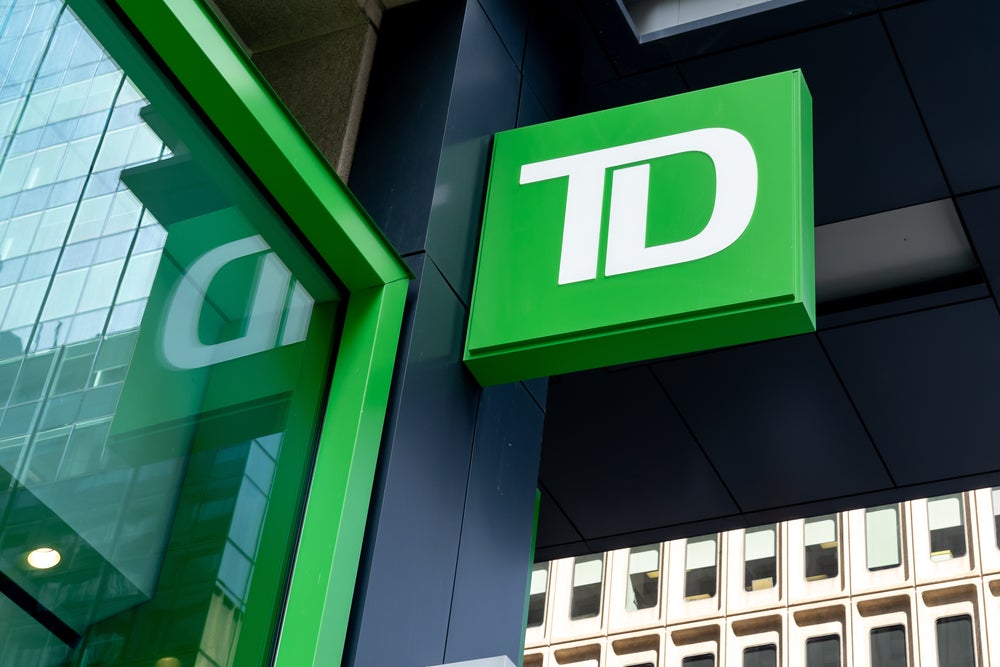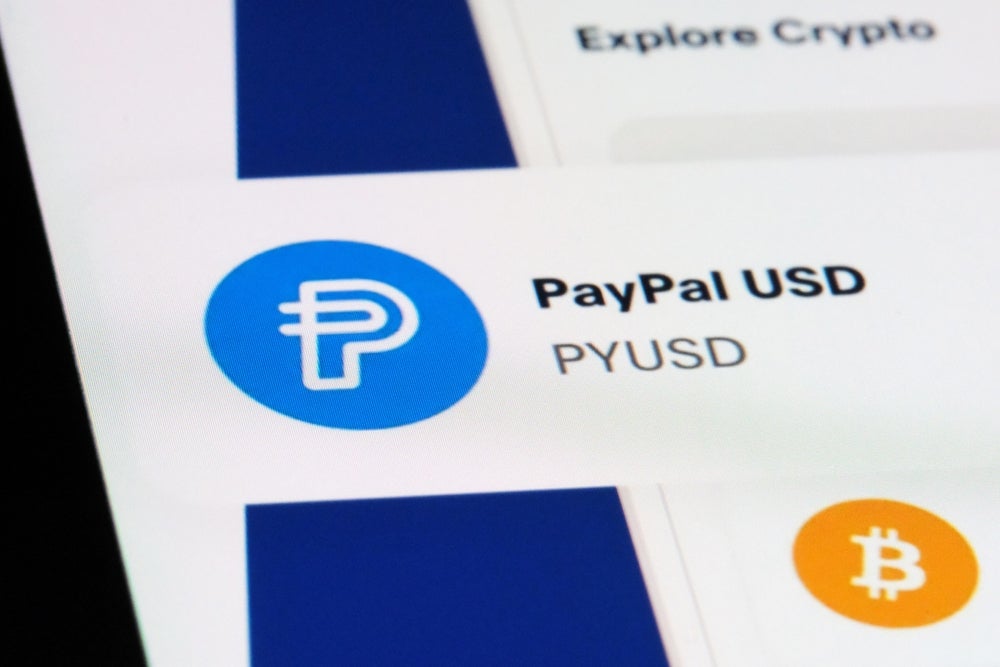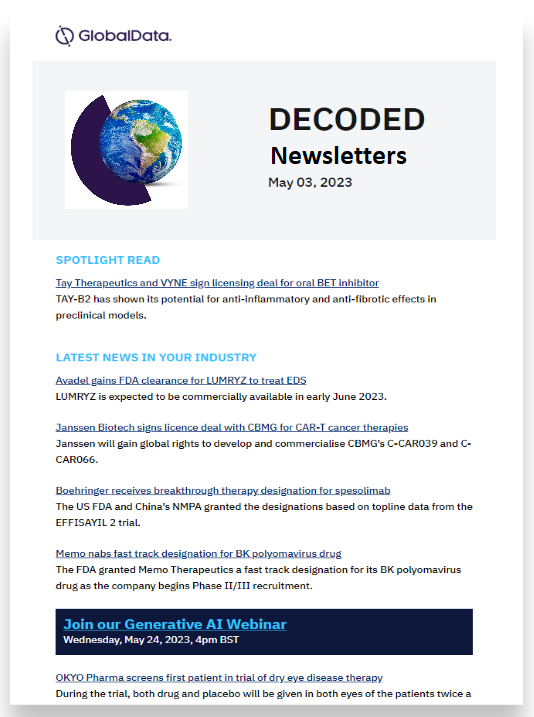
Banking & Payments DECODED
Previous edition: 17 May 2024
Share article
Get the full version straight to your inbox.
Exclusive access to our best-in-class data & intelligence
Subscribe now
Experts worry AI will make chargeback fraud easier
The current interest in generative artificial intelligence causes some to conclude we may see a new wave of AI-enabled fraud. However, the payments industry shouldn’t overestimate the abilities of large language models (LLM). Or underestimate the power of existing anti-fraud systems, says chargeback technology platform, Chargebacks911.

AI has played a vital part in anti-fraud and anti-chargeback operations for over a decade. In other words, long before the current wave of enthusiasm for AI (specifically, for large language models like ChatGPT). It has been used for everything from checking the validity of individual chargeback claims to consolidating compelling evidence to overturn fraudulent chargebacks. Given the sheer quantity of transaction disputes, it would be impossible for human operators to examine and contest every chargeback, or even a small number. AI is the leading tool for businesses to avoid losing money to chargeback abuse. But it is a solution that may have unexpected consequences if used by malicious customers engaging in friendly fraud.
“The same technology that allows companies to prevent chargebacks could also be turned to automate creating false chargebacks that are far better ‘quality’ than those that can be produced by amateurs,” said Monica Eaton, CEO of Chargebacks911.
“Doing so would allow bad actors to work at far larger scales, with chargeback claims that have a higher chance of not being detected.”
According to Eaton, this would be a disaster for online merchants. It begs the question: ”What are the capabilities of AI-powered fraud and what can companies do to blunt its impact?”
AI and large language models
The first and perhaps most important aspect of the current craze for artificial intelligence is understanding the difference between ‘true’ AI and large language models.
A large language model works by collecting and annotating vast amounts of written information in order to find patterns and create realistic messaging and responses. While it can recognise requests and provide its own responses, LLMs have a serious problem with ‘hallucinations,’ in which basic mistakes are made due to a host of factors like incomplete or noisy training data, or a misunderstanding of the context. This prevents them from ever attaining ‘artificial general intelligence’ (AGI)—the state of being truly indistinguishable from human intellect—and means that they are unsuitable for many commercial applications, especially where current, up-to-date data is needed. LLMs can’t understand human requests, but they can convincingly match their output to our input.
According to Eaton: “The machine-learning algorithms used by Chargebacks911 and other anti-fraud companies aren’t designed to mimic humans. They are built to extract certain information from a dataset. They do not make ‘decisions’ with this information, but rather follow decision-trees based on parameters set by its overseers. These systems can be very sophisticated, up to the point of being able to improve themselves. But they are not ‘intelligence’ in any real sense, and perhaps this is for the best.”
Eaton added: “For this reason, LLMs have limited applications in fighting chargebacks. Aside from acting as a responsive customer service tool, LLMs being able to generate large amounts of relatively convincing, but often inaccurate, responses isn’t going to move the needle on the epidemic of chargeback fraud.”
Could LLMs commit chargeback fraud?
“The short answer is absolutely, and they likely already are,” said Eaton. “While much of chargeback fraud is carried out by individuals just trying to make a little money, there is a major risk of chargeback fraud being committed on a mass scale by professional groups. For these groups, quantity is important. By carrying out hundreds of fraudulent chargeback claims a day, they can make incredible amounts of money by taking advantage of companies with a lackadaisical response to transaction disputes.”
Just as it is impossible for human operators to deal with every chargeback attempt, it is also very difficult for fraudsters to deal with the 'paperwork’ from making dozens of chargeback attempts each day. Not only do the chargebacks themselves have to be created, they may have to answer enquiries from card schemes very accurately or they will be caught. These responses are something that LLMs may be able to assist fraudsters in crafting.
Combatting AI-enabled chargeback fraud
“It seems entirely possible that LLMs can be used to create large amounts of relatively convincing written content to support fraud. Is this the death knell for our efforts to fight chargeback fraud? Now that fraudsters are using the latest generation of AI, are anti-fraud companies outgunned?
“In a sense, no. Creating written content is not a skill that is in very high demand when it comes to effectively carrying out online fraud. Anti-fraud systems used by not just Chargebacks911, but every major payment company look for much more than written content. They analyse potentially thousands of signals—no matter how small and seemingly insignificant—to build a complete threat assessment of each transaction and chargeback request. Even if any written elements submitted by fraudsters are perfectly defined, there are still more than enough chokepoints where a fraudulent information is detected. Our track record shows that our constantly-updated systems are more than capable of alerting merchants to AI-enabled fraud.”
Latest news

What retail can teach financial services about improving customer interaction
Matt Ryan explores what financial institutions can learn from the retail sector to enhance customer engagement.

Half of young people left frustrated after finding their local branch has closed, says Nationwide
Half of people aged 16-24 have been left frustrated after finding their local branch closed when they needed it. The claim is made by Nationwide, the UK’s largest building society.

Card payments in Hong Kong to grow by 12.2% in 2024, forecasts GlobalData
The Hong Kong card payments market is forecast to grow by 12.2% to reach HKD1.3trn ($168.1bn) in 2024, supported by a constant consumer shift towards non-cash payments, according to GlobalData, publishers of EPI.

TD launches new generative AI pilots to help empower colleagues
TD Bank Group has announced two pilots to support more streamlined customer experiences in its contact centres and accelerate the coding workflow for its engineers.

Financial services giants withdraw job offers to international students, more will follow - immigration lawyers Fragomen
Banking and financial services giants Deloitte, KPMG and HSBC have reportedly withdrawn job offers to international students, blaming changes to skilled worker salary thresholds. This follows the government’s decision to increase the minimum salary thresholds for skilled worker visas. They are not the first and will not be the last, says international immigration law firm Fragomen, which advises businesses on global mobility.

Mastercard and Salesforce partner to transform transaction disputes
Mastercard and Salesforce have agreed a new integration to enhance trust across the ecosystem. The collaboration is designed to help customers speed up transaction disputes and reduce costs associated with resolving them.

BVNK enables PayPal USD
BVNK has announced that it has integrated the stablecoin PayPal USD (PYUSD). Paxos Trust Company is the sole issuer of PYUSD.
In our previous edition

Banking & Payments Decoded
Sexism in the City Inquiry
16 May 2024

Banking & Payments Decoded
Six steps to protecting data in financial services companies
15 May 2024

Banking & Payments Decoded
Q&A: Mitek and why soaring fraud remains dangerous in financial services
14 May 2024
Newsletters in other sectors
Aerospace, Defence & Security
Automotive
Travel and Tourism
Search companies, themes, reports, as well as actionable data & insights spanning 22 global industries
Access more premium companies when you subscribe to Explorer


